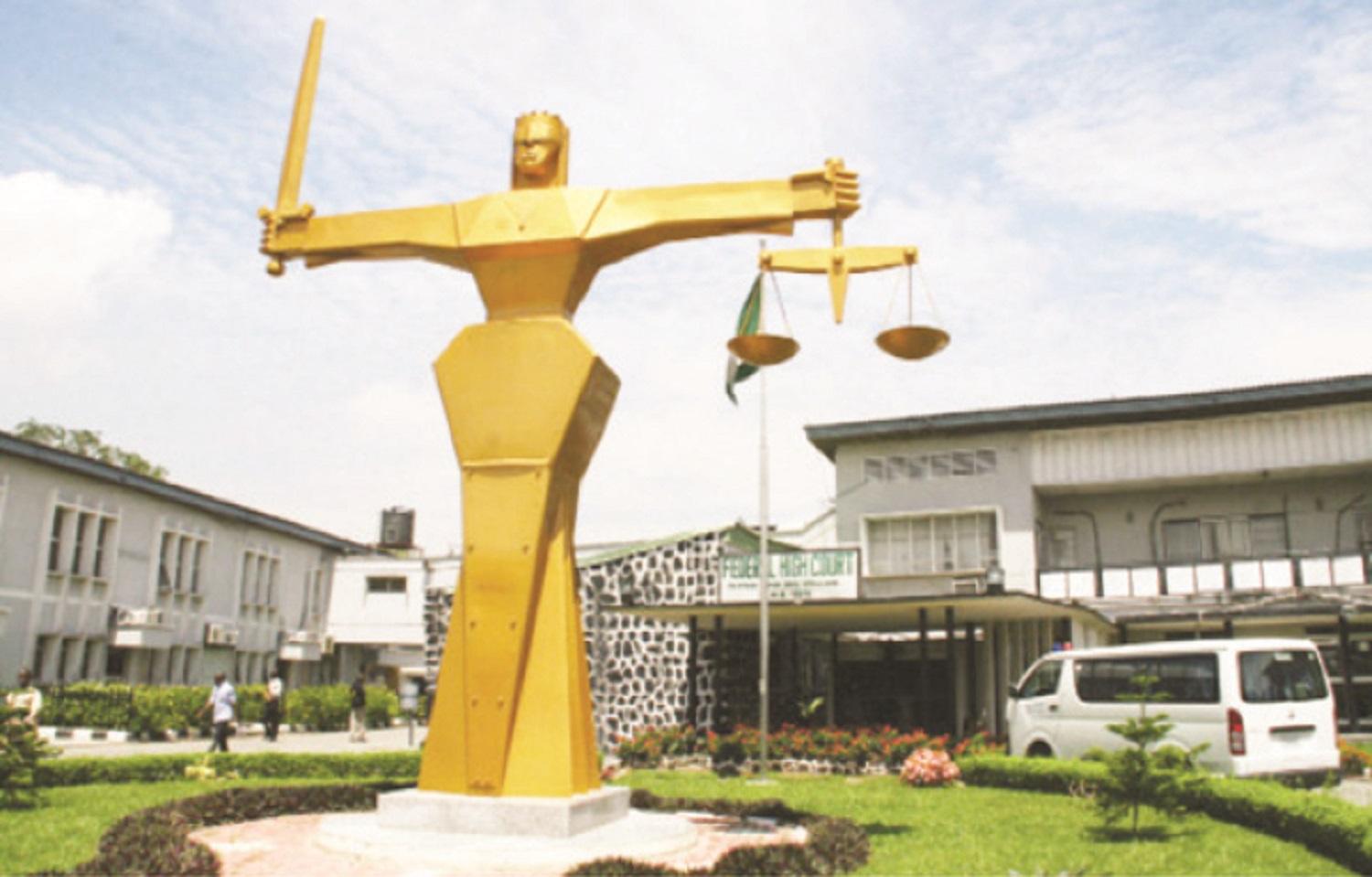Nigerian government has filed criminal charges at the Federal High Court in Abuja against four individuals and several firms for allegedly conducting cryptocurrency-related businesses without proper licenses.
According to court documents, the defendants were also accused of illegally exchanging Tether USDT for naira, violating the Foreign Exchange (Monitoring and Miscellaneous Provisions) Act.
Ravenewsonline reports that the accused individuals, identified as, Nnamdi Okereke, Oty Stanley, Ejiogu Chinedu, and Chukwuebuka Ogumba, engaged in specialised financial activities without the necessary licenses, breaching the Banks and Other Financial Institutions Act, 2020, the document showed.
Read Also: BREAKING: Court Freezes N548.6m of Nigerian Crypto Users over Naira Fluctuation
The government is seeking penalties against the defendants in alleging that they contravened the Banks and Other Financial Institutions Act of 2020.
Part of the court document read, “That you, NNAMDI FRANCIS OKEREKE (A.K.A GREDO) and OFFICIAL GREDO, between January 2021 and December 2021, in Abuja, within the jurisdiction of this Honourable Court, carried on the specialised business of another financial institution without a valid license, and thereby committed an offense contrary to Section 57(1) and (2) of the Banks and Other Financial Institutions Act, 2020, and punishable under Section 57(5) of the same Act.
“That you, NNAMDI FRANCIS OKEREKE (A.K.A GREDO) and OFFICIAL GREDO, between January 2021 and December 2021, in Abuja, within the jurisdiction of this Honourable Court, not being an authorized dealer in the Nigeria Autonomous Foreign Exchange Market, negotiated United States Dollar Tether (USDT) against Naira with the public, and thereby committed an offense contrary to and punishable under Section 29(1)(c) of the Foreign Exchange (Monitoring and Miscellaneous Provisions) Act.”
This action by the Federal Government is part of a broader investigation into alleged foreign exchange violations and tax evasion associated with these platforms, which are accused of contributing to the devaluation of the naira.
Recently, the Economic and Financial Crimes Commission obtained a court order to freeze approximately N548.6m in bank accounts linked to suspected cryptocurrency users on platforms like ByBit and KuCoin.
Months ago, the Central Bank of Nigeria expressed significant concerns regarding cryptocurrency trading, particularly due to its potential impact on the naira’s stability and the overall economy.
The CBN Governor, Yemi Cardoso, highlighted that a staggering $26bn had flowed through Binance Nigeria from unidentified sources over the past year, raising alarms about the influence of cryptocurrency on currency manipulation and economic destabilization.
Read Also: US blocks Nigerian’s cryptocurrency fraud, imposes $50,000 fine
In May, the Securities and Exchange Commission delisted the naira from all P2P (peer-to-peer) trading platforms, citing concerns over manipulation of the currency’s value and illegal financial activities linked to cryptocurrency transactions.
So far, the SEC has granted approval to only two local exchanges, Quidax and Busha, highlighting the stringent standards required for legal operation in the country.
![]()






























































